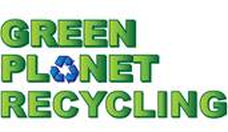Ready For the Fall: Home Maintenance Checklist for October
As the golden hues of October sweep across the landscape, homeowners are reminded of the impending winter. This transitionary month serves as a crucial period for ensuring homes are fortified against the challenges of the colder months. Our detailed guide delves deep into the essential tasks that should be on every homeowner’s radar, ensuring a cozy, trouble-free winter. Fortifying the Exterior: Your Home’s First Line of Defense 1. Gutter Maintenance: The Unsung Heroes of Rainwater Management Gutters, often overlooked, play a pivotal role in safeguarding your home from water damage. A routine cleanup, involving the removal of leaves, twigs, and other...





